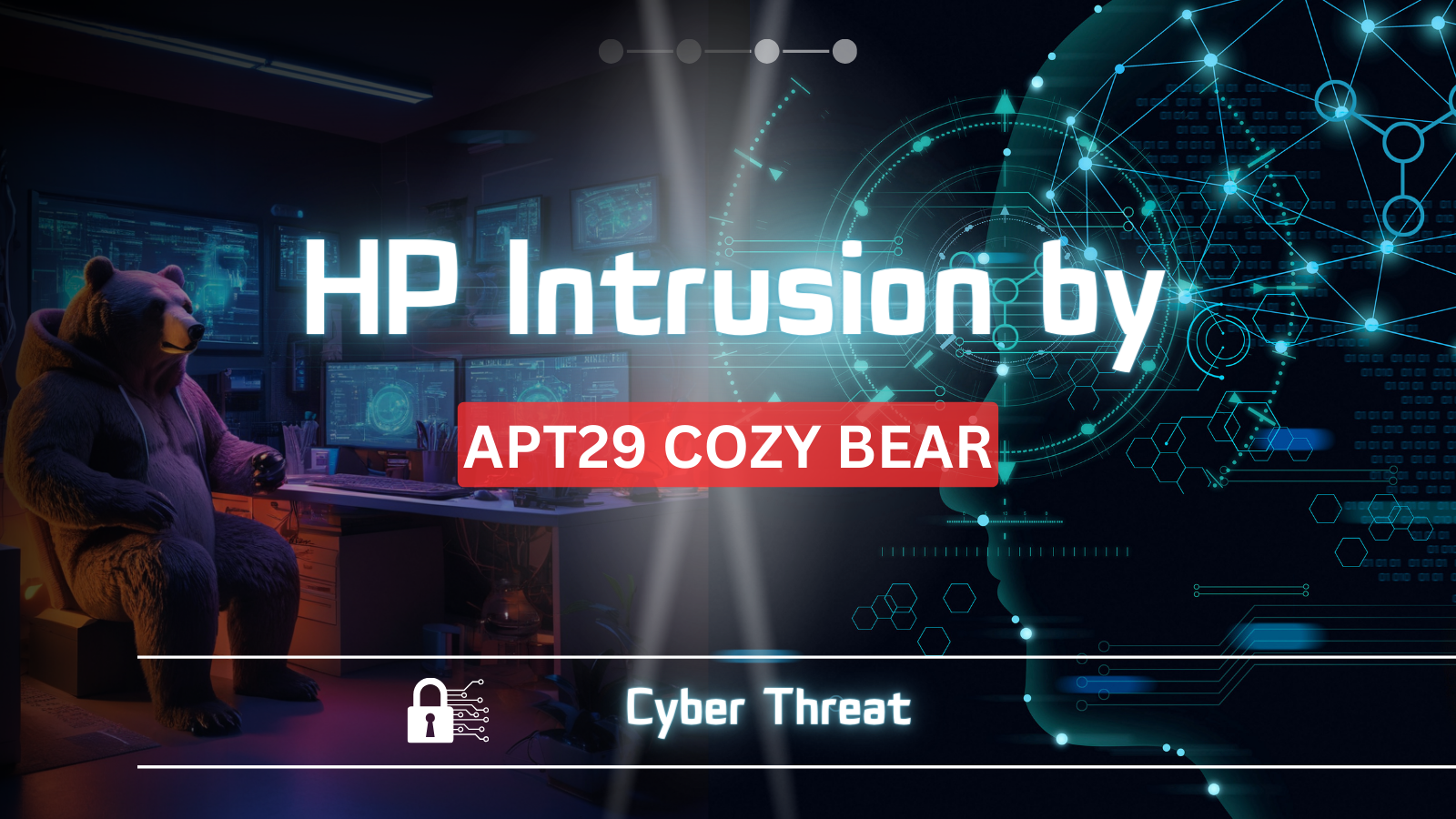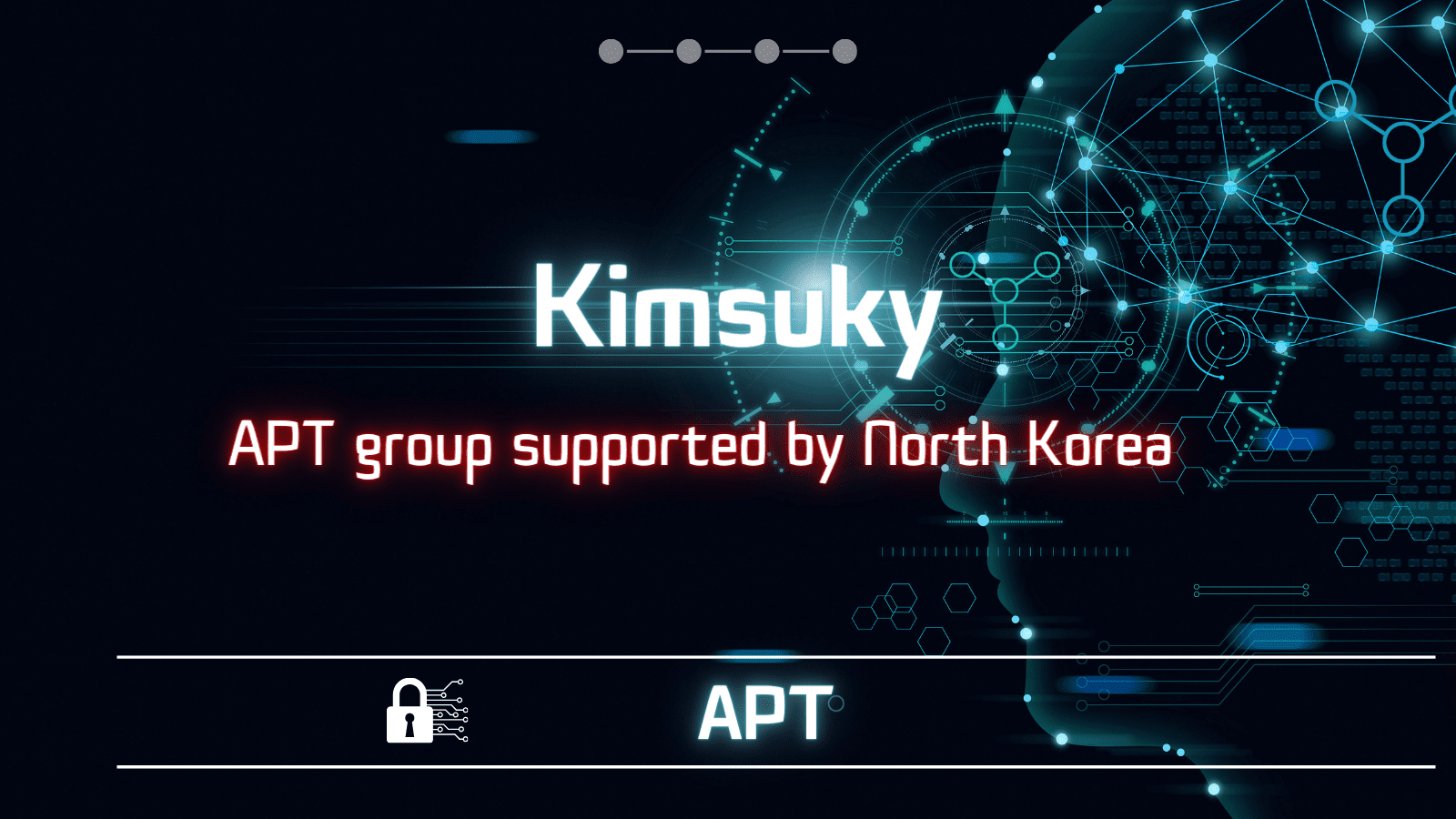
On January 19, 2024, Suspected hackers with ties to the Kremlin have allegedly infiltrated Hewlett Packard Enterprise’s (HPE) cloud email environment, accessing and exfiltrating mailbox data.
Introduction: Unveiling a Cybersecurity Crisis
In May 2023, a significant breach shook the cybersecurity world, targeting a specific subset of HPE mailboxes. This breach, which remained undetected for months, raised alarms across industries, emphasizing the pressing need for robust cybersecurity measures.
The Intrusion Unveiled: APT29 and the Cyber Threat Landscape
The breach, as revealed by a regulatory filing with the U.S. Securities and Exchange Commission (SEC), was attributed to the Russian state-sponsored group APT29. Known by various aliases such as BlueBravo and Cozy Bear, APT29 has a notorious history, including high-profile cyberattacks like the 2016 DNC breach.
Microsoft’s Revelation: Echoes of a Common Threat
Shortly before HPE’s disclosure, Microsoft identified the same threat actor targeting its corporate systems in late November 2023. This revelation underscored the sophisticated nature of the attackers and the widespread implications of their actions.

Timeline of Discovery: From Intrusion to Detection
HPE disclosed that the breach was detected on December 12, 2023, highlighting a significant gap between the commencement of the intrusion in May and its eventual discovery. This delay in detection raised concerns about the effectiveness of existing cybersecurity protocols.
Impact Assessment: Understanding the Fallout
Despite the severity of the breach, HPE reassured stakeholders that there were no significant operational disruptions. However, the full extent of the compromised data, particularly concerning email contents, remains undisclosed, leaving lingering questions about the potential ramifications.
The State-Sponsored Threat:
APT29’s Trail of Cyberattacks
APT29, believed to be linked to Russia’s Foreign Intelligence Service (SVR), has been implicated in several notable cyber incidents, including the 2020 SolarWinds supply chain compromise. The recurrence of such attacks underscores the persistent threat posed by state-sponsored cyber actors.
Implications and Recommendations: Navigating the Cybersecurity Landscape
The HPE breach serves as a stark reminder of the evolving cybersecurity landscape and the critical need for proactive measures. As organizations grapple with increasingly sophisticated threats, investing in robust cybersecurity frameworks and fostering collaboration with regulatory authorities is imperative.
Conclusion: Strengthening Cyber Defenses in a Digital Era
The HPE data breach, attributed to APT29, highlights the pervasive threat of state-sponsored cyber actors and the urgent need for vigilance. By prioritizing cybersecurity initiatives and fostering a culture of resilience, organizations can mitigate risks and safeguard against future breaches.
In conclusion, the HPE data breach underscores the critical importance of cybersecurity in today’s digital age. As organizations navigate an increasingly complex threat landscape, proactive measures and collaborative efforts are essential in mitigating risks and protecting sensitive data.

